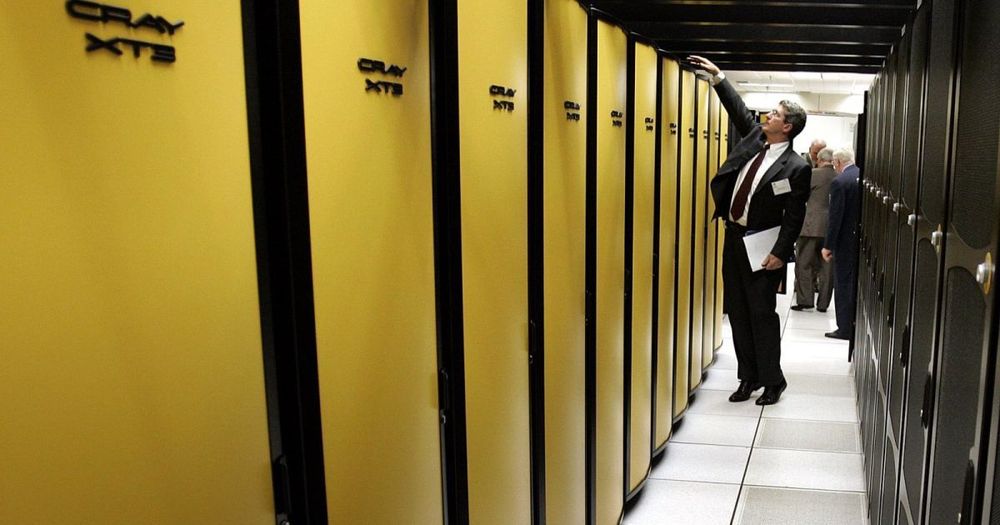Hewlett Packard Enterprise (HPE) has a shiny new toy. The information technology firm announced today that is spending $1.3 billion to acquire supercomputer manufacturer Cray. HPE, which is a business-facing spin-off of the Hewlett Packard company, will instantly become a bigger presence in the world of academia and the federal government, where Cray has a number of significant contracts. It will also enable HPE to start selling supercomputer components to corporate clients and others.




